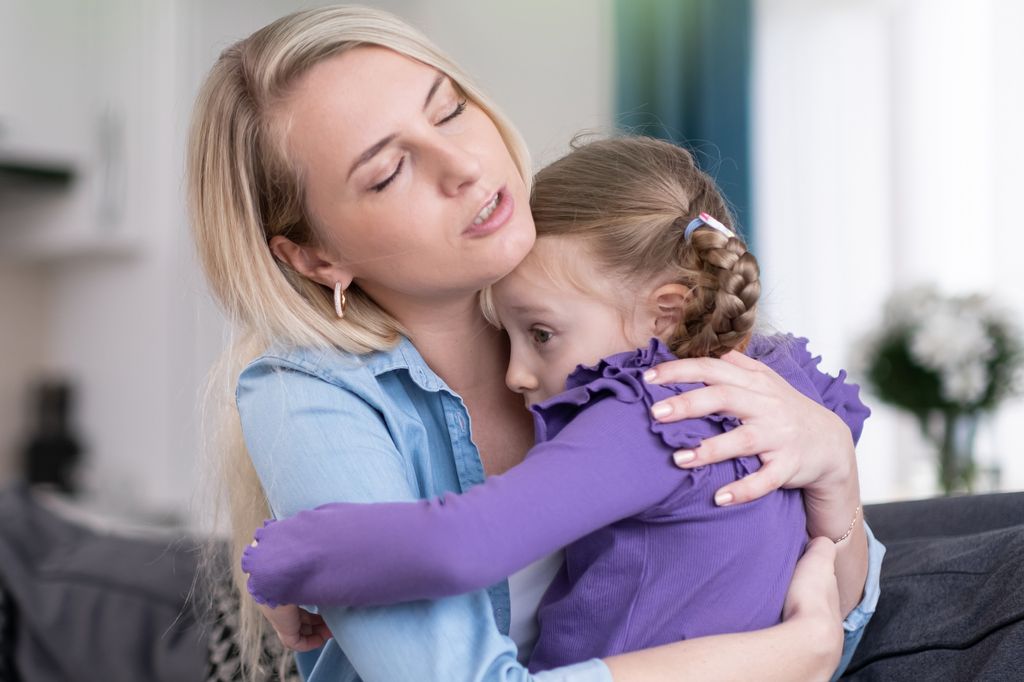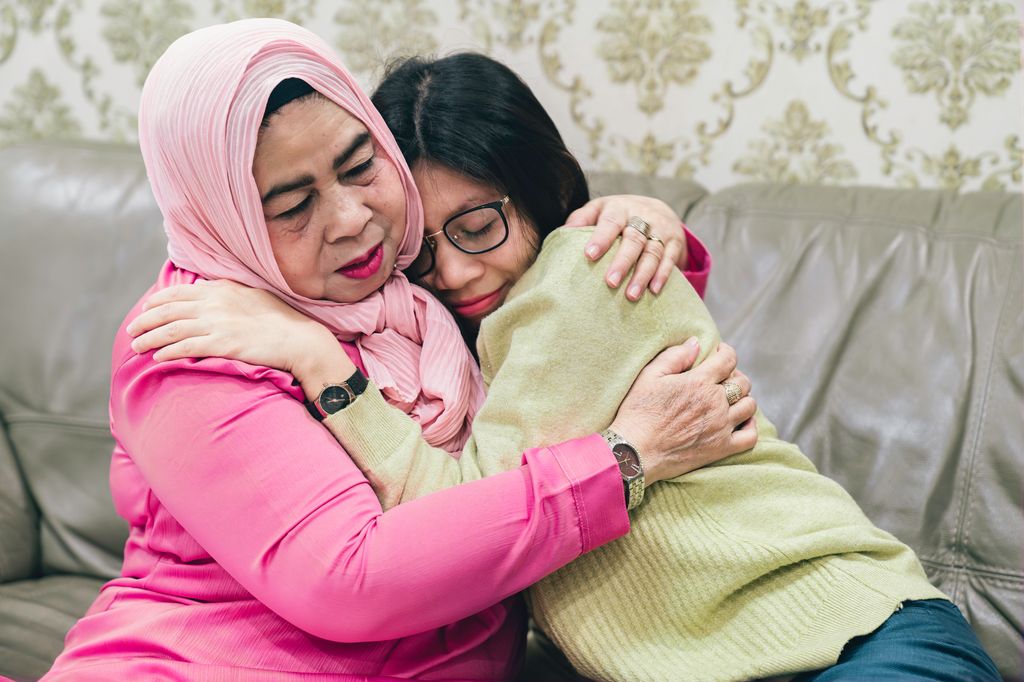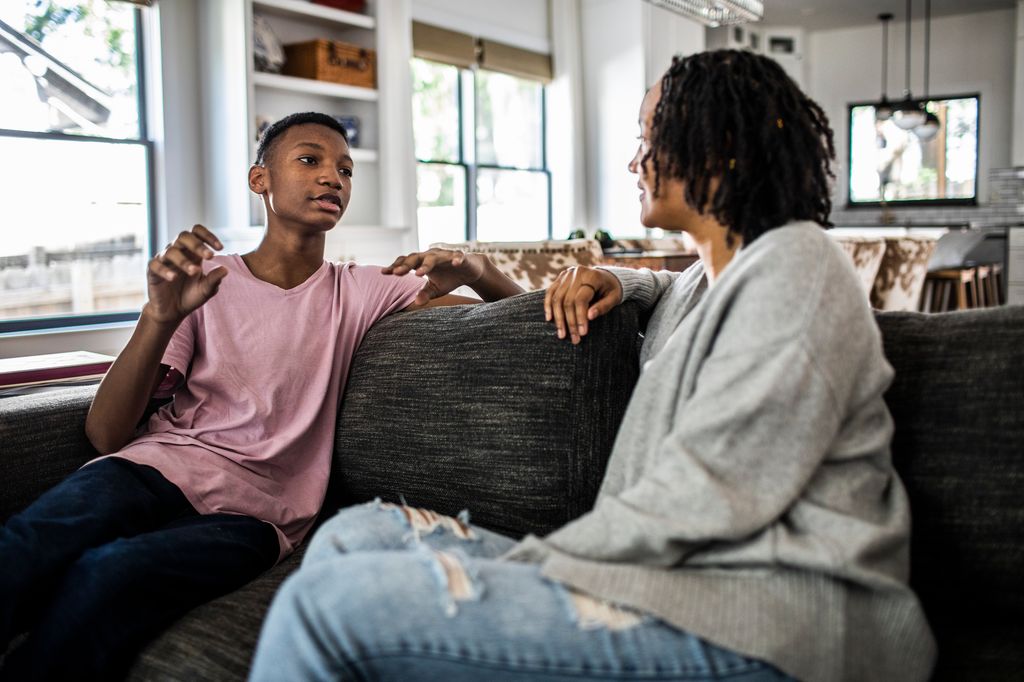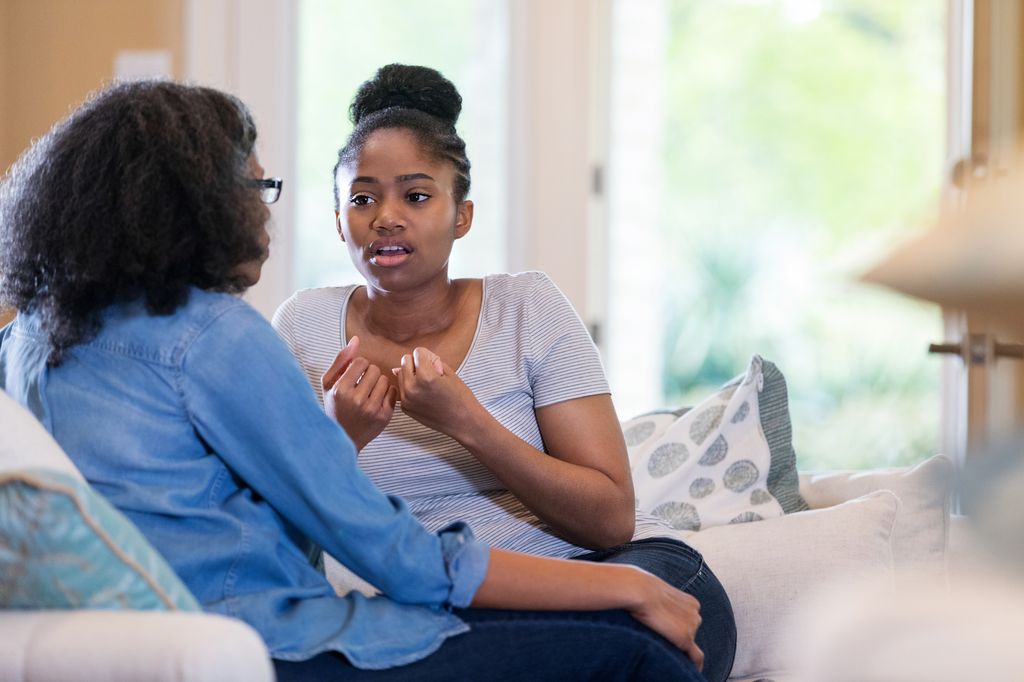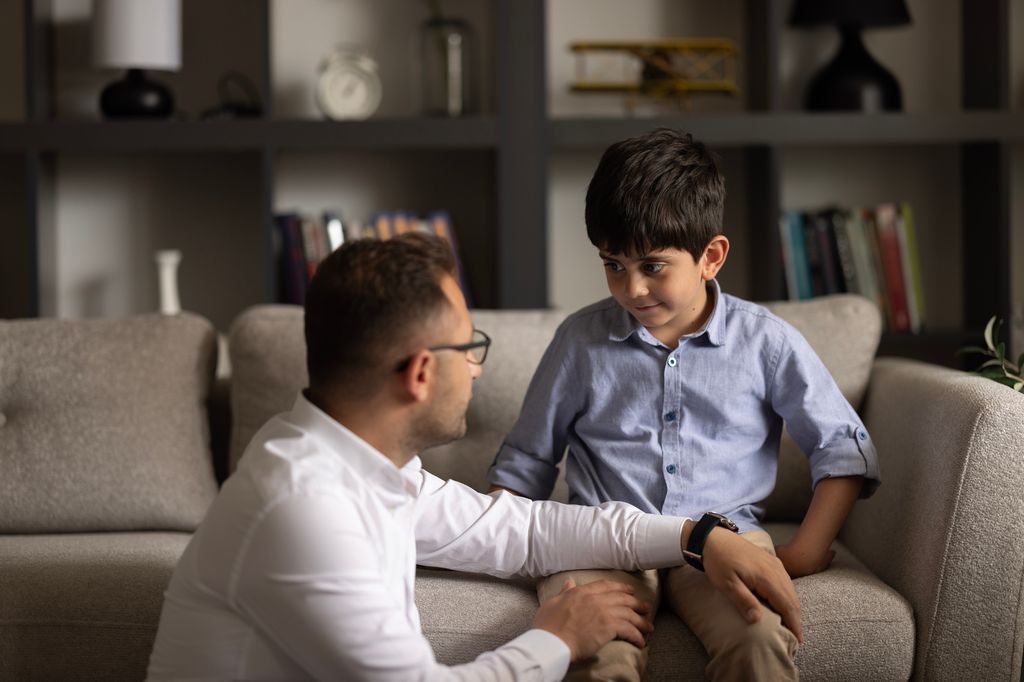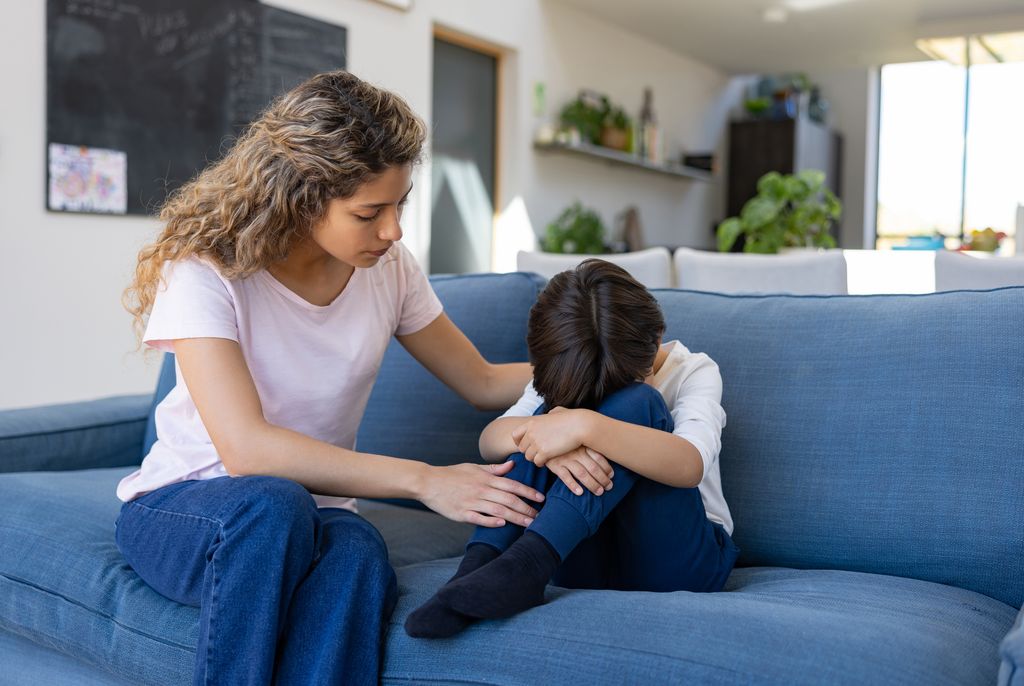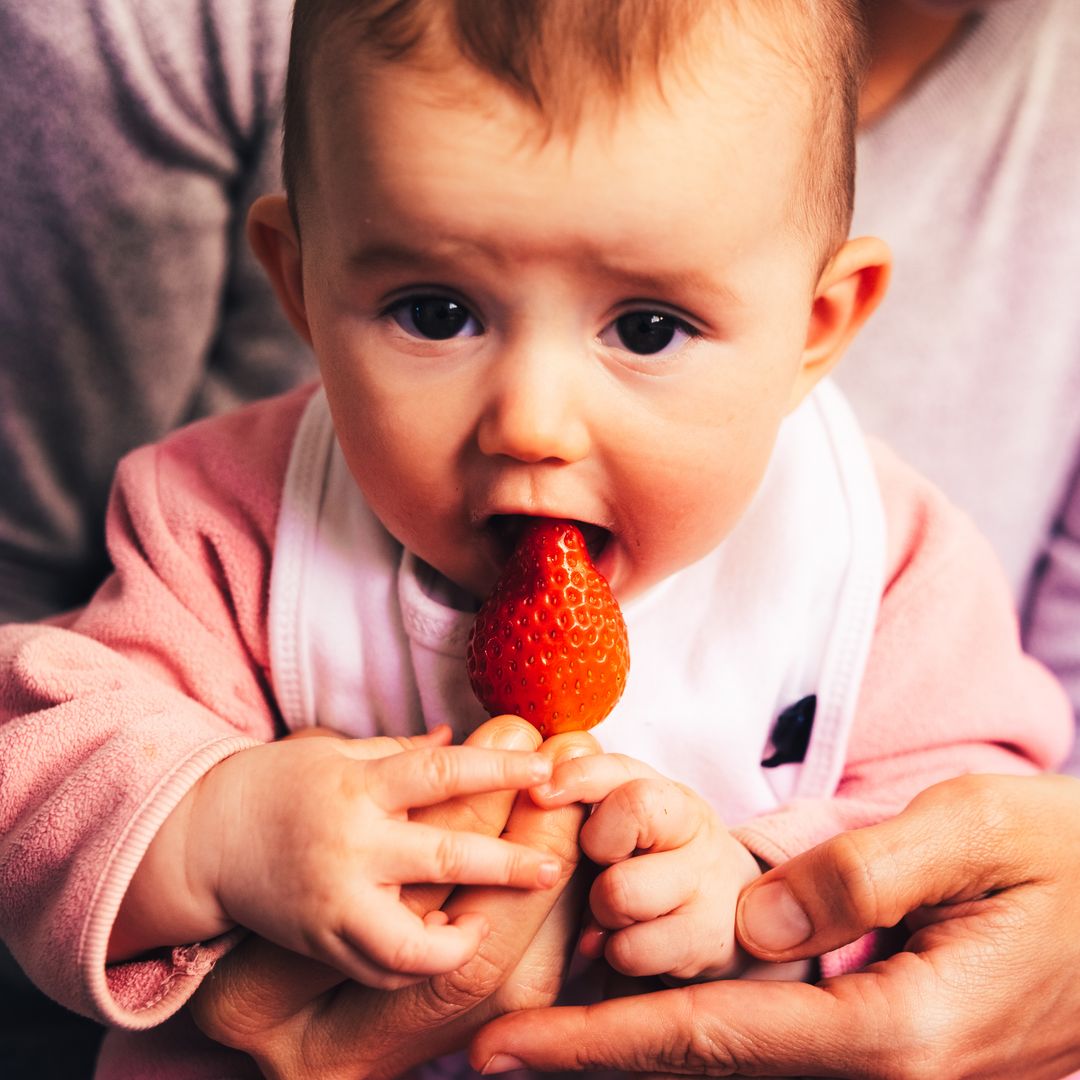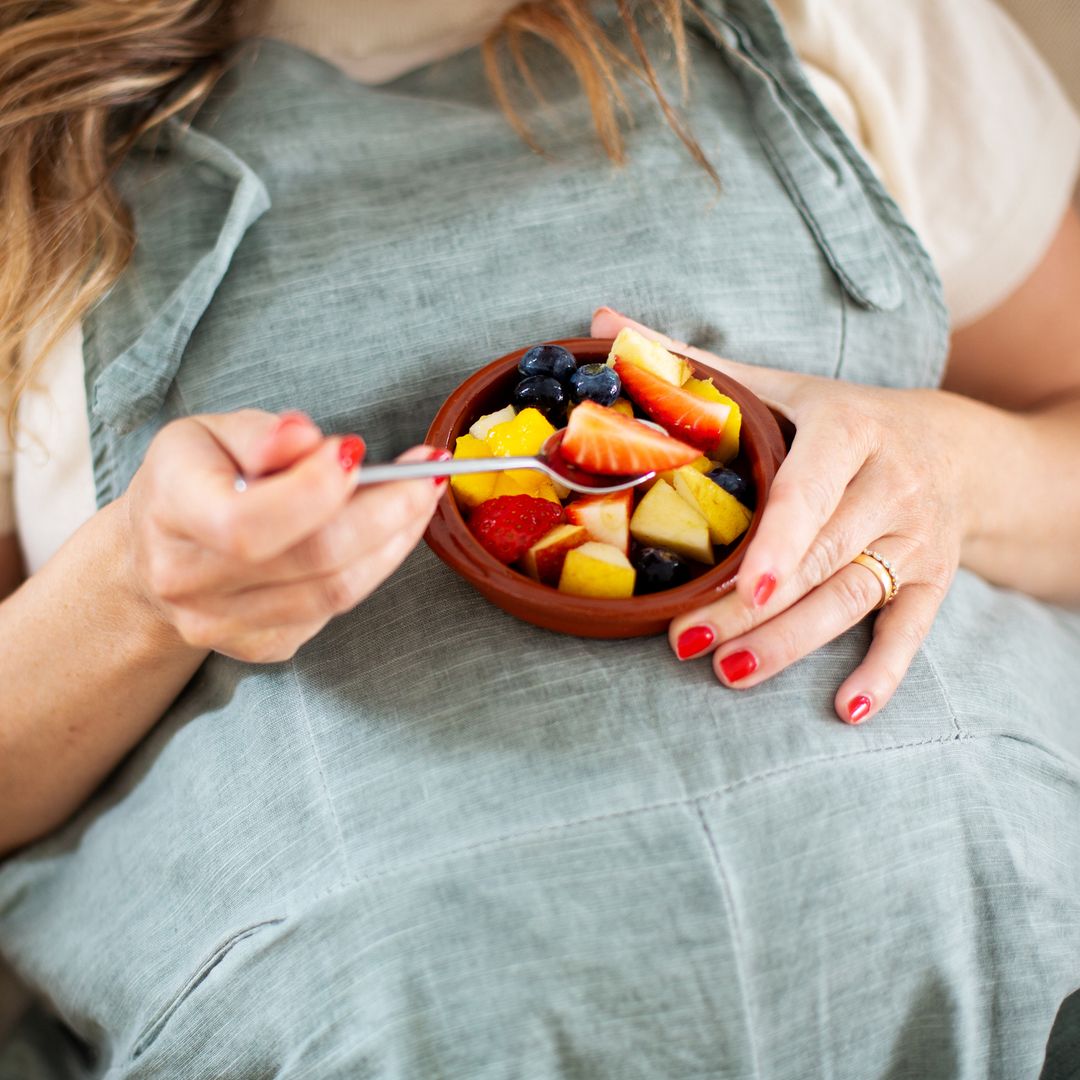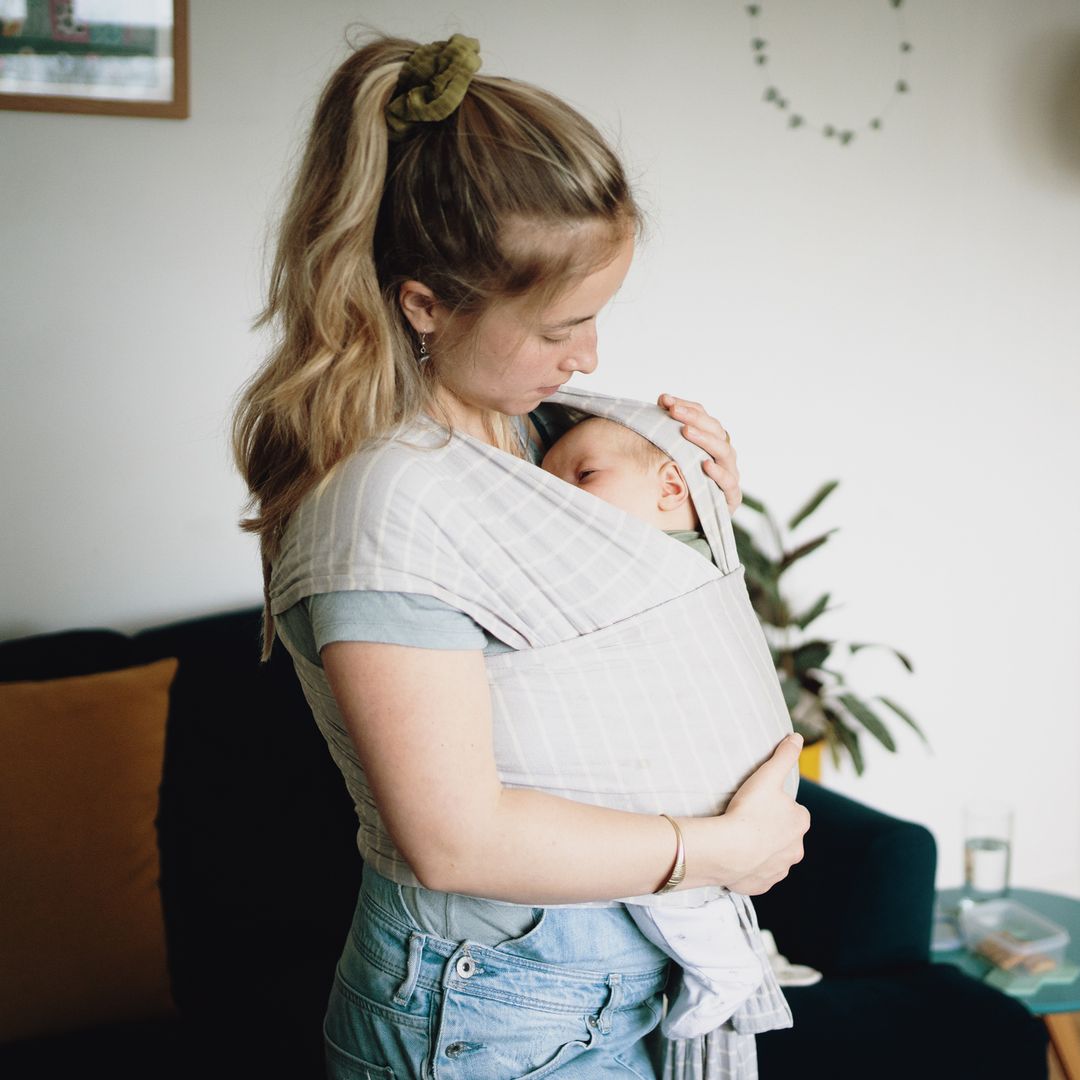Supporting a child through grief is one of the hardest things any parent or carer could imagine.
Each child dealing with this hardship will handle it in their own way, often leaving those around them questioning whether they are doing all they can to help them navigate this experience.
This National Grief Awareness Week, HELLO! spoke to child and adolescent psychotherapist and spokesperson for the Association of Child Psychotherapists (ACP) Jane Elfer to hear her tips for parents supporting their child through the loss of a loved one…
Explaining death to children
The first difficult step in handling the death of a loved one around children is explaining death to them in an age-appropriate way.
"Toddlers need to be told in simple but truthful words about the death of a parent," the psychotherapist tells us. "This is very hard but it will, in time, enable the child to really trust you and what you tell them. Don't be afraid to cry with them as long as you are not too overwhelmed."
Finding picture books which feature a storyline around grief can also help explain the situation and show they are not alone in this experience. For example, Mark Lemon wrote The Magical Wood, a children's book around bereavement which "was written to bring comfort and solace to a child after the death of a loved one." He also recommends Michael Rosen's Sad Book to help process their emotions.
Jane adds: "Be sure not to use the words 'lost' or 'gone to sleep'. This will be taken literally by a small child and be very frightening and confusing. Use your words but in an honest and straightforward way."
She advises saying something like: 'Mummy was very poorly in hospital and the doctors could not make her well. She died and we are so, so sad'.
"The child might ask if you or they could become unwell and here you can just say, 'No, it was a very particular illness, not one you can catch'," she explains.
Opening up
Many say a problem shared is a problem halved and creating the opportunity for the child to open up about their feelings is vital.
"Like adults, children will choose their moment to talk about the grandparent, sibling, parent or friend that has died," Jane tells us.
"Noticing these moments will help as the child is indicating that they are ready to speak. Try not to lead the conversation, be curious." She says you can ask questions like, 'What made you think of...just now?'.
You may know why they are talking about their loved one if it falls on an anniversary, or relates to a familiar activity or place but either way it will afford the child the opportunity to speak about what is on their mind.
"This may prompt tears or laughter. Either way, you might just want to validate this in some way," Jane says. "Being open to these moments may lead to a greater capacity in the child to talk to you. It may also just be a brief comment and they may not be able to go further but that is fine. They will come back when they are ready."
Addressing negative emotions
Supporting a child through grief will often involve helping them navigate sadness, confusion, or fear.
"I think that being open to hearing about their sadness or their memories is very important," the child psychotherapist tells us. "A child might ask difficult questions like, 'Did my brother die because I kicked him?' [which] might prompt you to deny this and move on saying, 'Don’t be silly of course not'.
"If you can be more measured and explain again why his or her brother has died and then address their fears, this will help," she continues.
"Sometimes children can feel very powerful and wish for someone to go away. When a sibling dies this can come back to haunt them. Every child has these wishes or secret thoughts. Addressing gently and saying something about the kicking and how it did not cause him or her to die will be helpful and may dispel a very frightening and private worry."
Changing behaviour
A grieving child may not speak about their feelings or may say that they are fine but their simmering emotions can be present in their behaviour. "In a child there may be increased anxiety about separation or going to bed or school," Jane explains.
"Behaviour might change from perhaps being outgoing and sociable to them becoming quiet and reclusive. They may cry a lot more over small things or may seem on the outside hard and cut off."
Jane shares her tips for tackling this situation sensitively. She tells us: "Don't be afraid to notice this and mention it gently to the child when you judge the time to be right. Try to approach it so they know you are concerned and not cross.
"You can then think together about what might help, for example, seeing a counsellor at school or through one of the child bereavement organisations. It might be that having a special time together each week to check in with each other can be beneficial."
Remembering a lost loved one
Allowing a child space to remember their loved one is also part of the healing process. Jane explains: "The family's own culture might help with this, for example, the way you celebrate birthdays or special events. Some people create photo books or a compilation of little video clips. The child may have their own ideas too but it might help to bear in mind how their memorial will last or keep looking fresh.
"Reassuring the child that they will always remember the loved person even when they are enjoying themselves and not consciously thinking about them may be very important in helping the child live alongside their grief but not immersed in it."
Children's author, podcaster, and grief and mental health speaker Mark Lemon also previously spoke to HELLO! and shared his advice for supporting a child through grief, having lost his own father at 12 years old.
"Create a memory box that includes special items that belonged to the person that’s died," the host of the Grief Is My Superpower podcast suggests. "Include photographs, perfume or aftershave, jewellery or anything special to the child. This way you can open the memory box to reflect and remember the person that's died."
Expressing your own feelings
There is every chance you will be grieving alongside your child and knowing how to express your own emotions around them can be tricky.
"It is helpful to show your feelings, and in that way, it is okay to cry or be upset," Jane reassures. "If you find yourself feeling upset and angry, snapping at the children, it may help when you feel recovered from that moment to apologise and explain."
She does however remind parents to seek support if they feel they are unable to manage their grief. She tells us: "There are some wonderful organisations that offer support to you but also to the children and to you as a family. The death of a loved one is never 'got over' but rather the aim is to live alongside your grief. A grief that allows you to laugh again and live but not to forget."

